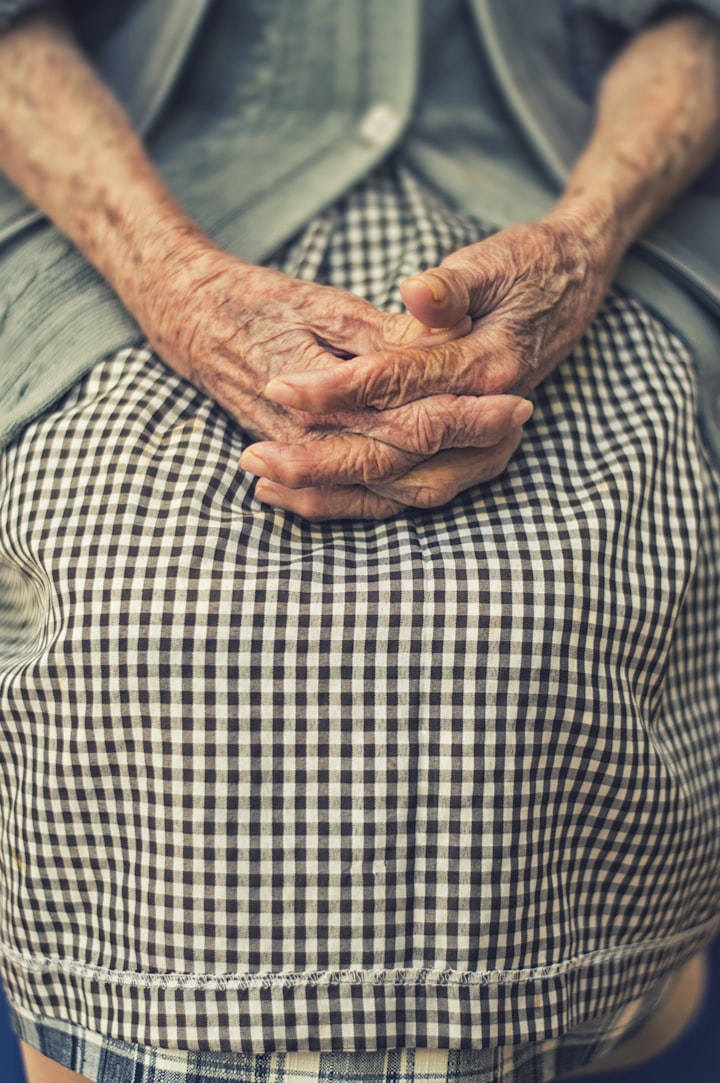Depression in Older Adults
Navigating challenges of the third age

Depression is a common mental health condition that affects people of all ages. It is primarily characterized by feelings of sadness, hopelessness, and a loss of interest in activities that were once enjoyable. Although research does not indicate an increased incidence of depression in older adults, many of the life challenges faced at this age can contribute to or exacerbate the subjective symptoms associated with this mood disorder and/or impede attempts at therapeutic intervention (Santrock, 2002; Callahan & Wolinsky, 1995).
Life experiences common to this developmental stage, including loss of friends and loved ones, failing health, lack of social support and a decreased capacity for independent living can contribute to and magnify feelings of depression and even suicidal tendencies. One of the biggest challenges in identifying and treating depression in older adults is that it often goes unrecognized and undiagnosed. This is partly because the symptoms of depression can overlap with other health conditions that are more common in older adults, such as chronic pain, heart disease, and dementia. Additionally, older adults may be less likely to seek help for mental health issues due to stigma or lack of access to healthcare.
Studies indicate that a therapeutic program that combines medication and psychotherapy is an effective treatment for depression in older adults in the large majority of cases (Keonig & Blazer, 1996). As such, intervention with a depressed older adult should first include a complete medical examination and drug therapy assessment to help alleviate the physiological causes and symptoms of the depression. Subsequently, a program of supportive psychotherapy should include advocacy and outreach components that put the individual in contact with appropriate social resources to ease stresses of everyday life (i.e., household help, assistance with errands, meal programs, social activities, support groups, etc.) as well as more traditional therapeutic interventions (i.e., cognitive-behavioral therapy, client-centered approaches).
With regard to stress, many psychological responses, including aspects of depression involve a combination of external events and internal cognitive and physiological response mechanisms (Whitbourne, 2000; Birren & Schaie, 2001; Santrock, 2002; Hoyer, Roodin, Rybash & Rybash, 2002). Research has shown that older adults who are given more responsibility for and control over decisions that affect their lives report higher levels of life satisfaction, happiness, activity levels, and even overall health (Rodin & Langer, 1977; Schulz, 1976). This is consistent with the general research on locus of control and self-efficacy (Carlson, Matin & Buskist, 2004; Manstead & Hewstone, 1996).

Thus, giving older adults the highest possible degree of autonomy can contribute to their psychological well-being. This is possible even in the most restrictive of environments (i.e., nursing homes) where patients can be given at least some control over aspects of their schedules, diet, health care regimen, visitors and activities.
References
Birren, J. E. & Schaie, K. W. (Eds.). (2001). Handbook of the psychology of aging, 5e. New York, NY: Reinhold.
Callahan, C. M, & Wolinsky, F. D. (1995). Hospitalization for major depression among older Americans. Journal of Gerontology. 1995 Jul;50(4):M196-202. doi: 10.1093/gerona/50a.4.m196. PMID: 7614241.
Carlson, N. R., Martin, G. N. & Buskist, W. (2004). Psychology, 2e. New York, NY: Pearson.
Hoyer, W. J., Roodin, P. A., Rybash, J. M. & Rybash, P. (2002). Adult development and aging. Boston, MA: McGraw-Hill.
Koenig, H. G., & Blazer, D. G. III. (1996). Minor depression in late life. The American Journal of Geriatric Psychiatry, 4(4, Suppl 1), S14–S21.
Manstead, A. S. R. & Hewstone, M. (Eds.). (1996). The Blackwell encyclopedia of social psychology. Malden, MA: Blackwell Publishers.
Rodin, J. & Langer, E. J. (1977). Long-term effects of a control-relevant intervention with the institutionalized aged. Journal of Personality and Social Psychology, 35, 397-402.
Santrock, J. W. (2002). Life-span development, 8e. Boston, MA: McGraw-Hill.
Schultz, R. (1976). Effects of control and predictability on the physical and psychological well-being of the institutionalized aged. Journal of Personality and Social Psychology, 35, 563-573.
Whitbourne, S. K. (2000). Adult development and aging: Biopsychosocial perspectives. New York, NY: Wiley.
About the Creator
Donna L. Roberts, PhD (Psych Pstuff)
Writer, psychologist and university professor researching media psych, generational studies, human and animal rights, and industrial/organizational psychology






Comments (1)
Dear Dr. D - I fear I'm becoming a 'noodge' but I have to say your articles are so relatable to me; as said, getting old is not always bucket of fun. I've noticed that either people are kind/or don't have time for you; I'm sorry to say say that. If you have a moment please see "Wheelchair Etiquette" with current pic of this 'Old Man'. I'll stop bopping my stories onto you ~ you just may relate to this one. 'j' in L.A.